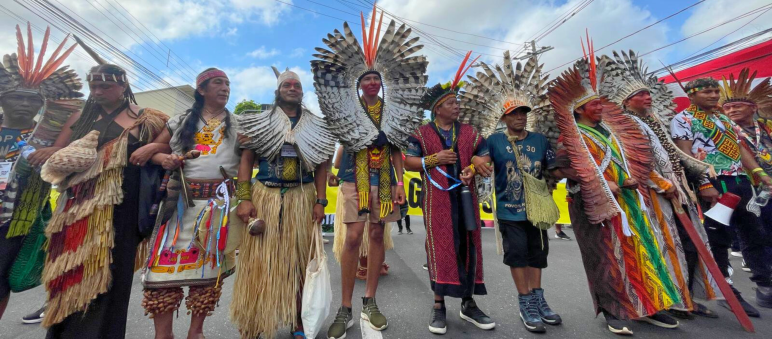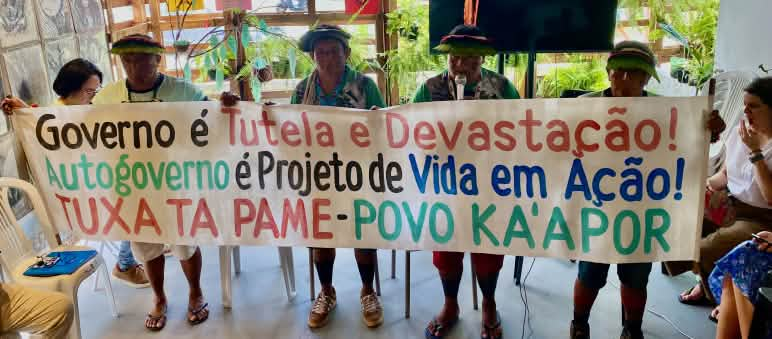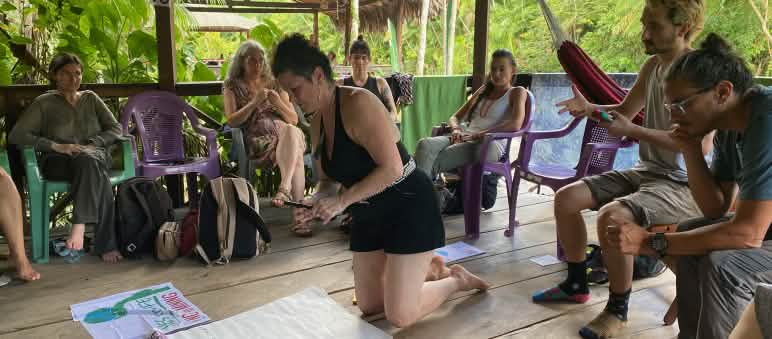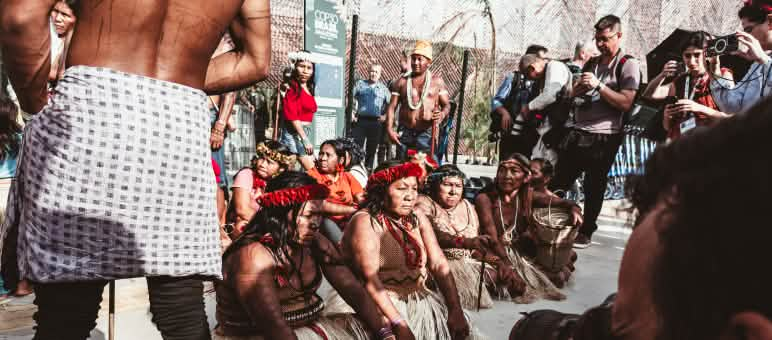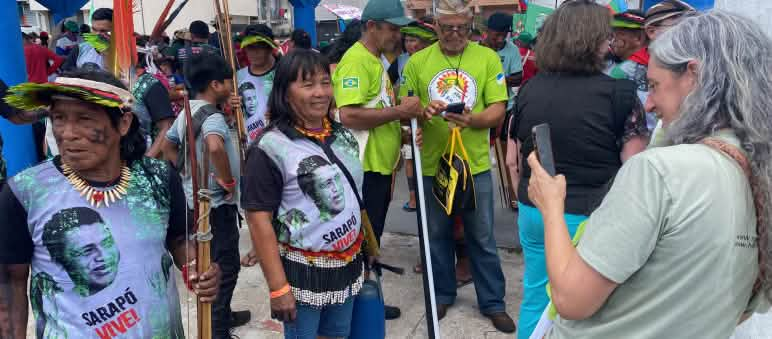COP30: Indigenous knowledge before profit
Thousands of environmentalists, human rights activists, and Indigenous people gathered in Belém, Brazil for the People’s Summit alongside the COP30 climate conference. Guadalupe Rodríguez, Felipe Duran, and Klaus Schenck were there on behalf of Rainforest Rescue and share some of their impressions.

Together with our Brazilian partner organizations and Indigenous communities, we explored alternative and effective ways to protect the climate, rainforests, and human rights at the People’s Summit and the People’s COP in Belém. Civil society remains largely excluded from the COP30 World Climate Conference and the official climate negotiations, so their voices must be heard.
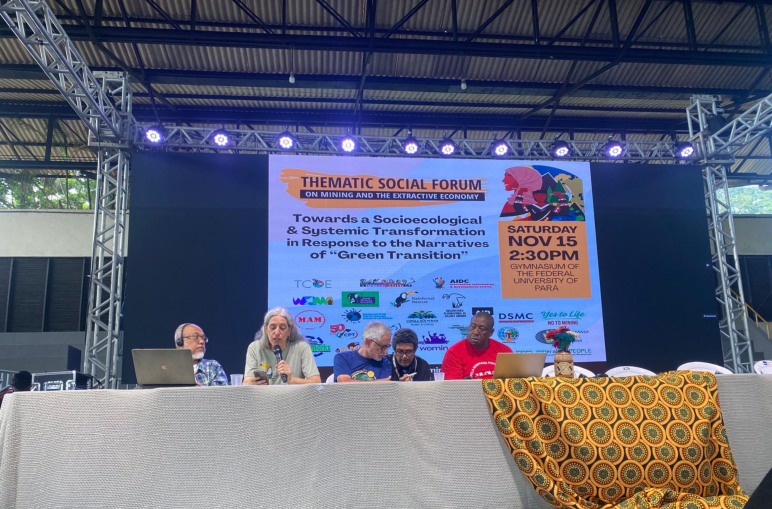

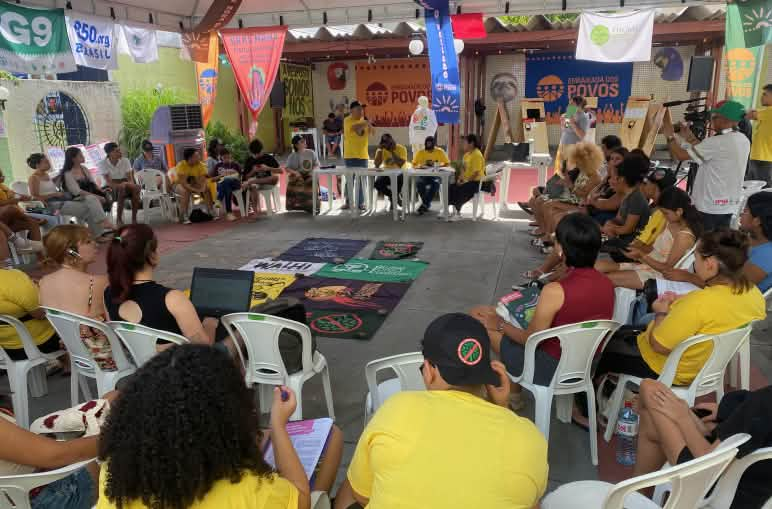
On Wednesday, November 12, 2025, a flotilla of 200 boats gathered in Guajará Bay in Belém as part of the People’s Summit to protest false climate solutions promoted at the COP30 World Climate Conference. On board were renowned Indigenous leaders Raoni Metuktire of the Kayapo people and Davi Kopenawa Yanomami, shaman and leader of the Yanomami people of the Amazon region.
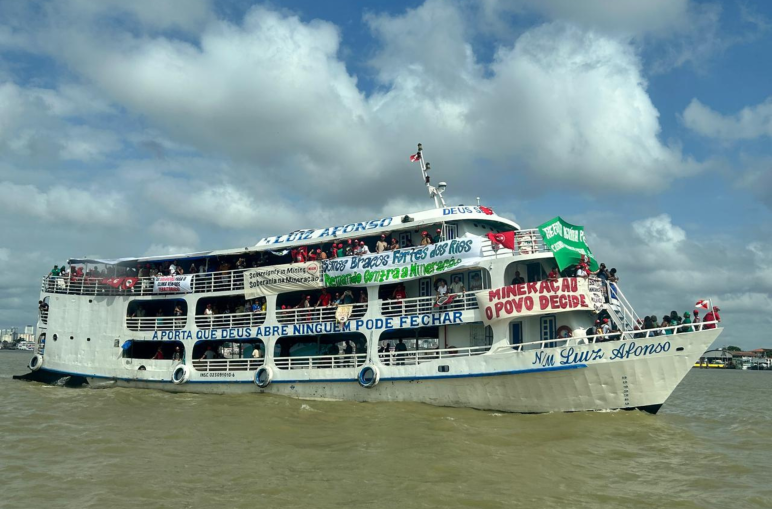
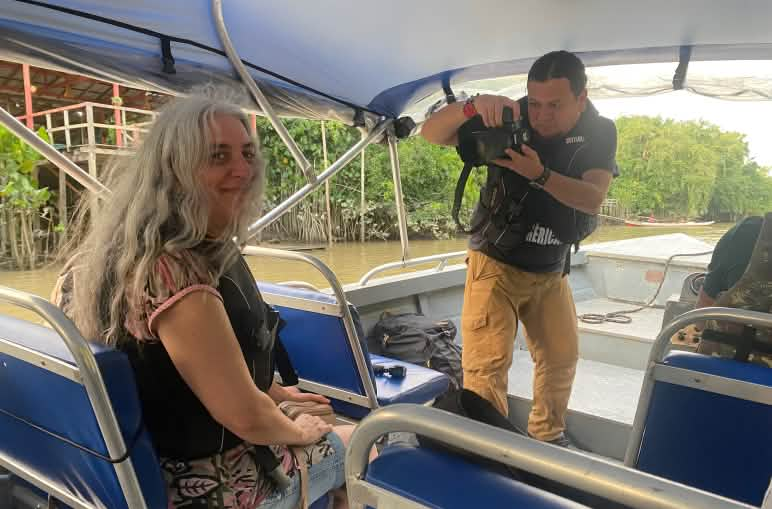
The following Saturday, November 15, the Great People’s March for Climate Justice demonstrated to the world that life – not profit – must be the center of solutions to the global climate crisis.

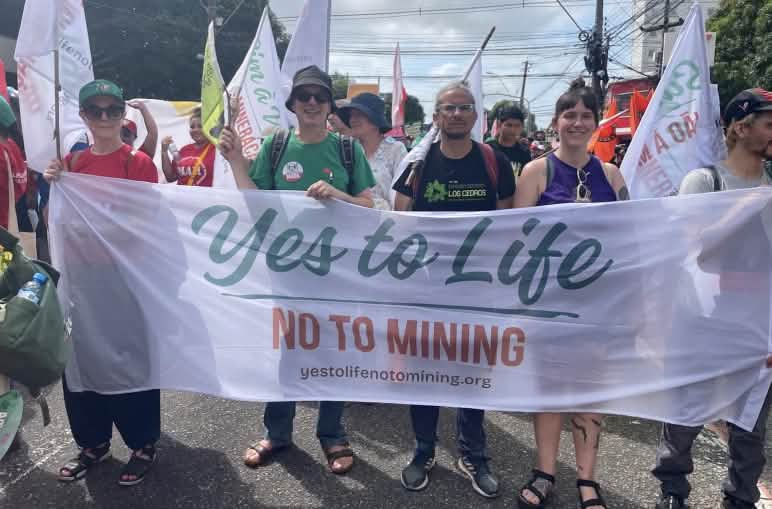
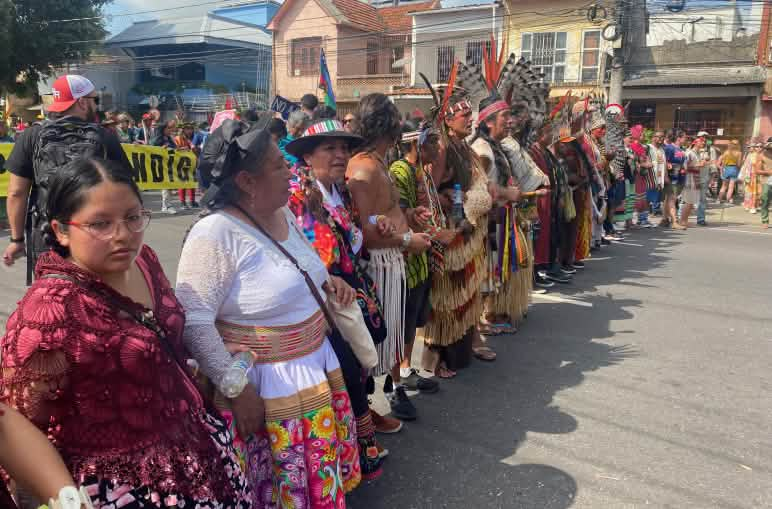
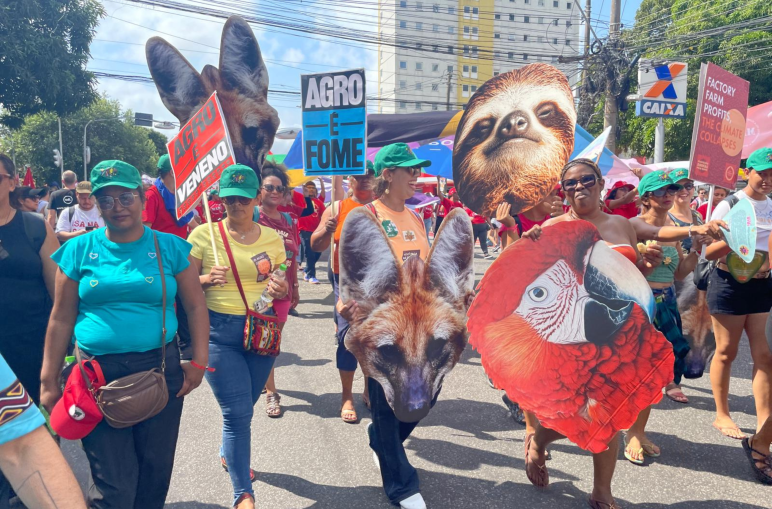
According to official statements, Indigenous people were expected to play an important role at COP30 because they are essential to rainforest protection. Nearly all of the world’s best-preserved areas lie within Indigenous territories. However, Indigenous people felt excluded and ignored at COP30. In protest, the Munduruku people of the Amazon organized a sit-in that blocked the conference.

